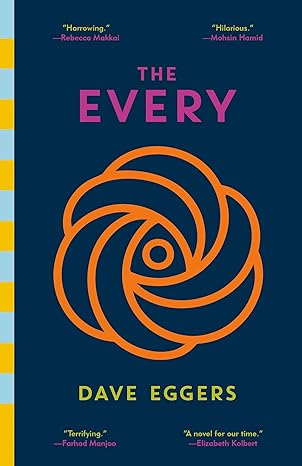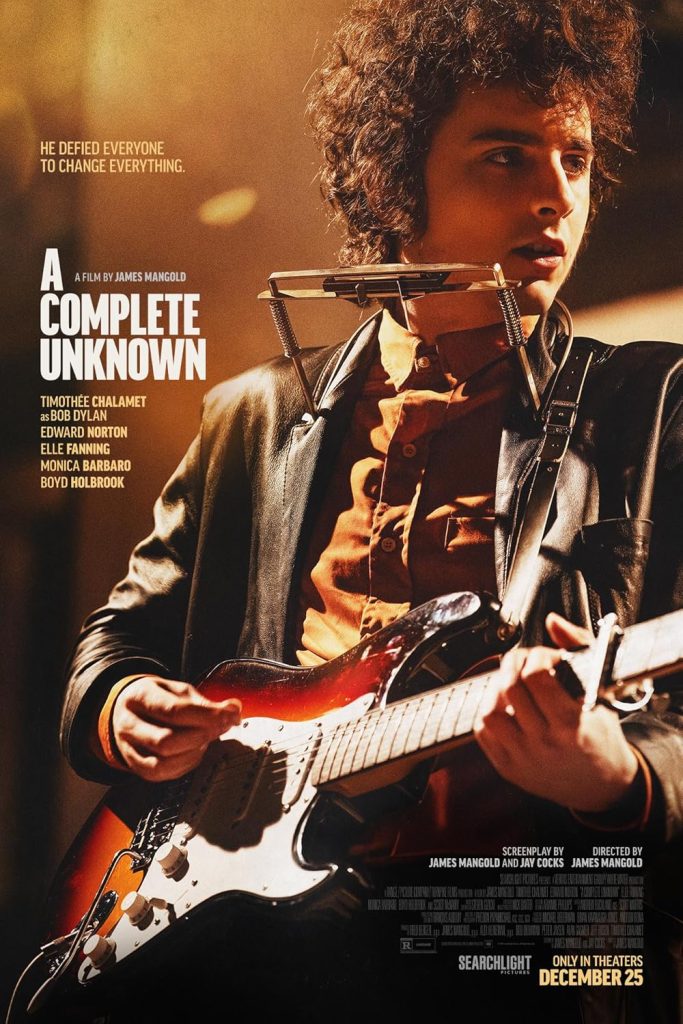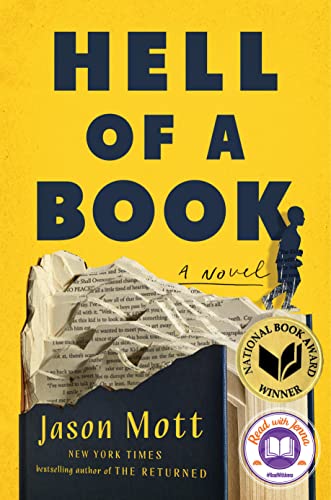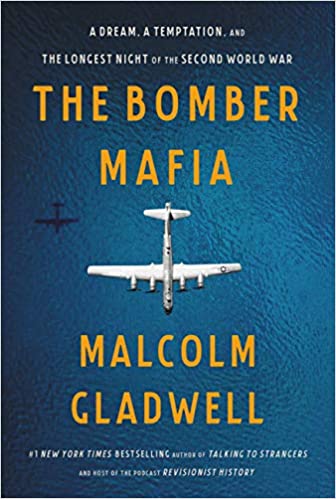
Here are some of the books the author has recently read (and a few movies, too). Feel free to quibble with the opinions, but please keep it clean.
- Micro-Review #155: The Everyby stevenowad

by Dave Eggers This is my least-favorite novel by one of my most-favorite authors. It’s a near-future tale about a woman striving to bring down an all-powerful Google/Meta/Nvidia company that controls just about everything that everyone everywhere does.
Our main character’s quest is simple: get a job at the Every and then kill the company from the inside. The way this plays out is at times satirical and at times dry. Some sections are hilarious; others are conflict-free compendia of the evils of social networks and smartphone reliance. The hero, Delaney, takes few active steps to do what she sets out to do. Her journey and conflict come across as mechanical window dressing for lengthy authorial criticism of over-reliance on social engineering through free-market techno-development. The ideas are brilliant. The dystopia is palpable. It’s an important book, but at times it just doesn’t feel like a novel.
- Micro-Review #154: Emilia Perezby stevenowad

Directed by Jacques Audiard Nominated for a whopping 13 Oscars, this Spanish-language musical about a transitioning Mexican narco-boss has as many haters as it has supporters. Is it a good movie? Sort of. It’s watchable and engaging, but it fails on an essential level. The film’s compelling premise—a struggle to transition—is weighed down by pervasive cognitive dissonance. A person seeking inner peace? Great. I’m there. A ruthless drug lord seeking inner peace? Less I could not care.
The request to suspend morality is awkwardly made. There’s plenty of pathos vis-à-vis the legions of murdered and disappeared drug-war innocents (by far the film’s most powerful element), but does that, in itself, turn Emilia into a good person? And if we’re not supposed to get behind Emilia, then why are we spending so much time on her journey? (Spoiler alert: the ending tries to address this question, but it makes the whole trip kind of pointless.)
The acting is strong, and on a mundane, thriller level, the story grabs. Most of the musical numbers might be good, but the need to read subtitles during song-and-dance routines kills some of the intended effect (at least for musically awkward souls like me). The story does stir emotion at times, but not often enough—and it doesn’t change the big, overstretched fact that our hero goes from psycho killer to principled social crusader—as if transitioning automatically makes a bad person good. The film deserves an Oscar in the category of Biting off More Than Can Be Chewed.
- Micro-Review #153: A Complete Unknownby stevenowad

Directed by James Mangold Eight Oscar nominations suggest this film is a juggernaut. It kind of is—but only if you’re a fan of Bob Dylan’s music and of the village folk scene in the 1960s. The story follows a young Bobby Zimmerman’s rise from Midwestern Woodie Guthrie fanboy to the headliner at the Newport Folk Festival. The facts of young Bobby’s life aren’t all that interesting (possibly because he refuses to talk about himself), and, as Joan Baez says to him, he’s “kind of an asshole” throughout the film.
Perhaps because of the lack of gripping source material, director James Mangold gives us more music than story—a long string of Dylan’s greatest early hits, all capably sung by Timothee Chalamet. Fans of Dylan will love this. Fans of the era will delight in the portrayals of Baez, Pete Seeger and others. Non-fans might decide Mangold gives us 140 minutes of painting lipstick on a pig. I belong to the former group. I thoroughly enjoyed the whole thing.
- Micro-Review #152: Hell of a Bookby stevenowad

by Jason Mott Early in this novel, the narrator promises us the book will be a love story. In truth, it’s more of an attempted love story—a tale about a newly famous Black author who searches for meaning and understanding in an America that’s still wrestling with the original sin of racism. You’ll find gallows humor and searing racial commentary in these pages—as well as a touch of magic realism and a narrative that moves along swiftly. What you won’t find is pretense or apology. The societal critique rings true without preaching or moralizing. The National Book Award is well deserved. HELL OF A BOOK draws you in and keeps you engaged for the duration.
- Micro-Review #151: The Bomber Mafiaby stevenowad

by Malcolm Gladwell The story of how America gained air superiority in World War II is of limited appeal to most readers. Gladwell, however, infuses the subject with energy, tension and personality. What could be a dry rehashing of tech developments and military strategy is in fact a tale of scientific invention and human ambition and weakness.
The main characters in this historical drama are the inventor of a bombsight that allowed precision bombing for the first time and two Air Force generals charged with bringing Japan to heel once the U.S. took control of crucial airstrips in the Marianas. Gladwell’s lucid prose brings their stories to life, clearly showing us the people who, for instance, incinerated half a million Japanese civilians without batting an eye. The humanity, or lack thereof, behind the wartime decisions isn’t always pretty, but it’s absolutely captivating.
